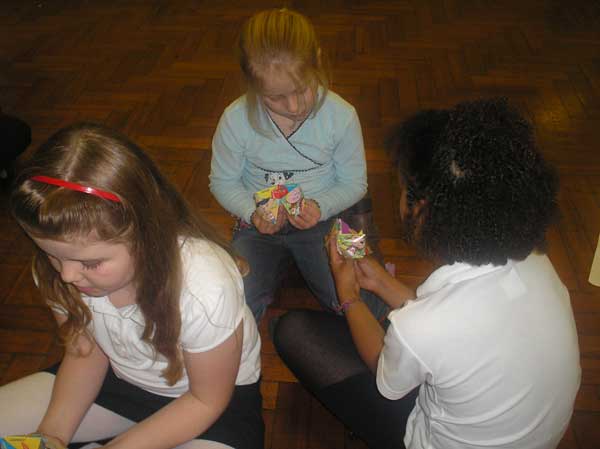
What difference has the Every Child Matters agenda made so far? Christine Hough shares her research findings.
This paper concerns the findings from research for a Pilot Study, conducted as part of my PhD studies in May 2006, across three local authorities in England, in both rural and inner city locations. The findings are the fruit of a series of loosely structured interviews with young people, case workers, middle and senior managers who worked in or were in the care of the different agencies of education, social care, health and youth justice within the local authorities.
This Study was designed to find data to inform my future research and direct a more sharply focused, final study. My research proposal also considers the government’s aims for the Every Child Matters /Youth Matters (ECM/YM) programmes, which address the gaps in achievement between children on different levels of the socio-economic continuum.
Much has already been written, and will continue to be written, about the rationale for the Every Child Matters programme, so I will not dwell on the familiar tragedies of Baby Peter and Victoria Climbié. I have a deep interest in the underlying principles that have led to the introduction of the ECM/YM programmes because of my professional background. I have been a teacher and manager in schools for over thirty years (and I still do supply teaching). I worked as an Ofsted inspector from 2001 – 2005 and I currently work in schools as an educational consultant for the Association of School and College Leaders (ASCL).
My research interest was sparked by my interest in how the sweeping changes proposed through ECM/YM were going to be implemented. My research also led me to an interest in the wider dimensions of social policy and how changes in this area are affecting working practice.